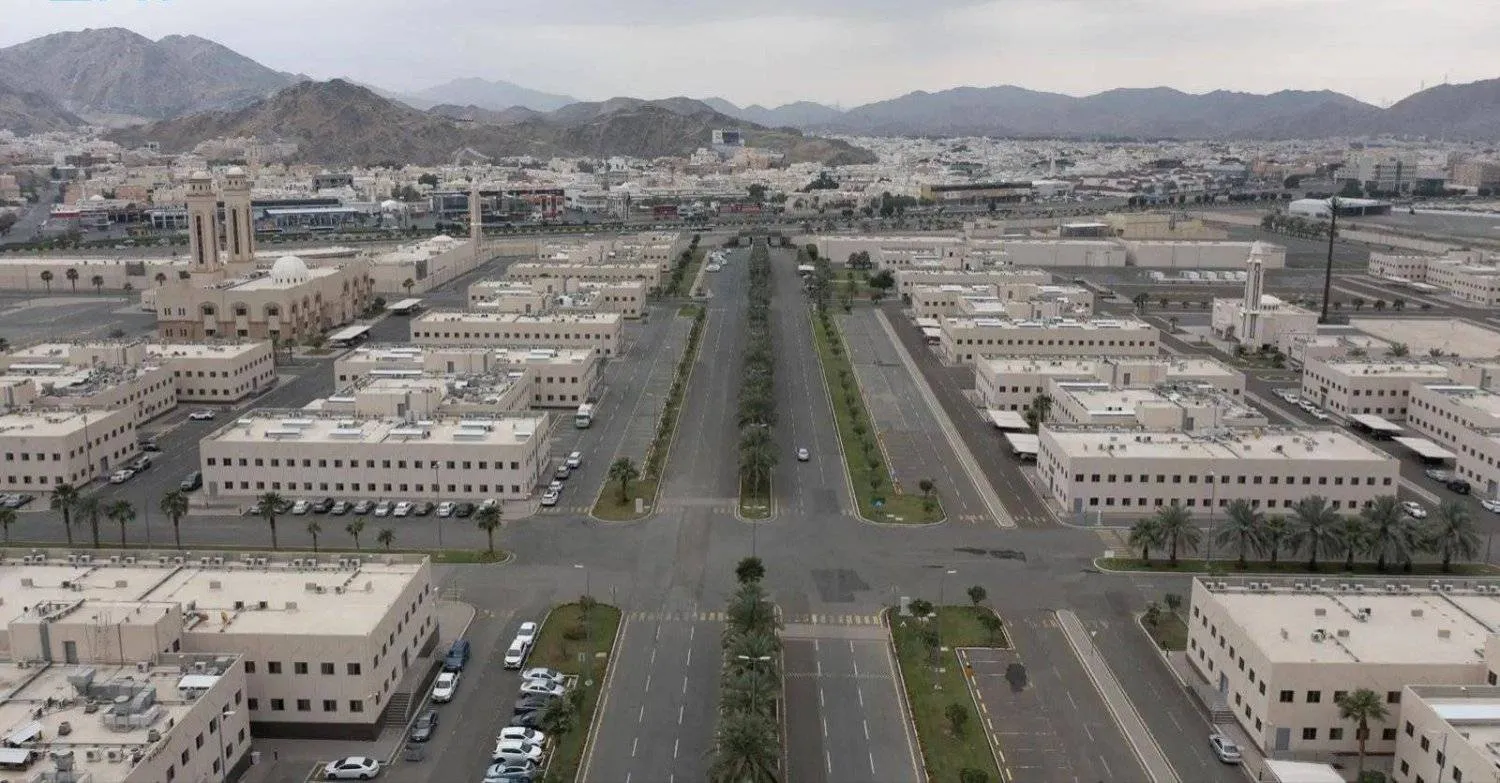In its first year, the Saudi real estate exchange recorded approximately 619,000 real estate transactions valued at over $273 billion (SAR 1.025 trillion), covering a total area of more than 5.4 billion square meters. Around 2.1 million beneficiaries have taken advantage of these transactions, according to the Saudi Ministry of Justice.
Real estate experts told Asharq Al-Awsat that the real estate exchange has had a positive impact on the behavior of all market participants.
The market has allowed buyers and investors to make purchase decisions with greater confidence, security, and speed. The exchange has also played a key role in simplifying and streamlining real estate procedures and enhancing transparency, which constituted major challenges in the past.
The experts recommended further steps to boost its effectiveness, including providing detailed and specialized real estate indicators, offering accurate analytical reports on market trends throughout the year, expanding property evaluations to cover all regions of the Kingdom, and leveraging artificial intelligence technologies to analyze real estate data.
Real Estate Expert Eng. Ahmed Al-Faqih told Asharq Al-Awsat that the real estate exchange has created a positive shift and significant impact on the behavior of all market participants, including sellers, buyers, investors, regulators, and market observers. He noted that the platform is characterized by transparency and governance, and its launch coincided with the digital transformation taking place in Saudi Arabia.
Regarding the additional services proposed for the market, Al-Faqih said he believes it lacks detailed and specialized real estate indicators. He also noted that the platform still needs property classifications for certain types of real estate and improvements in search filters to provide more precise results.
For his part, Real estate expert Saqr Al-Zahrani told Asharq Al-Awsat that the real estate exchange has brought a significant transformation in the management of real estate during its first year of operation.
It has had a clear positive impact on the market by streamlining procedures and enhancing transparency, he underlined, noting that the exchange has allowed both buyers and investors to make decisions with greater confidence.
Al-Zahrani suggested enhancing the exchange by adding more services, including providing detailed analytical reports on market trends throughout the year. He also recommended expanding property evaluations to cover all regions of the Kingdom more comprehensively and accurately.









